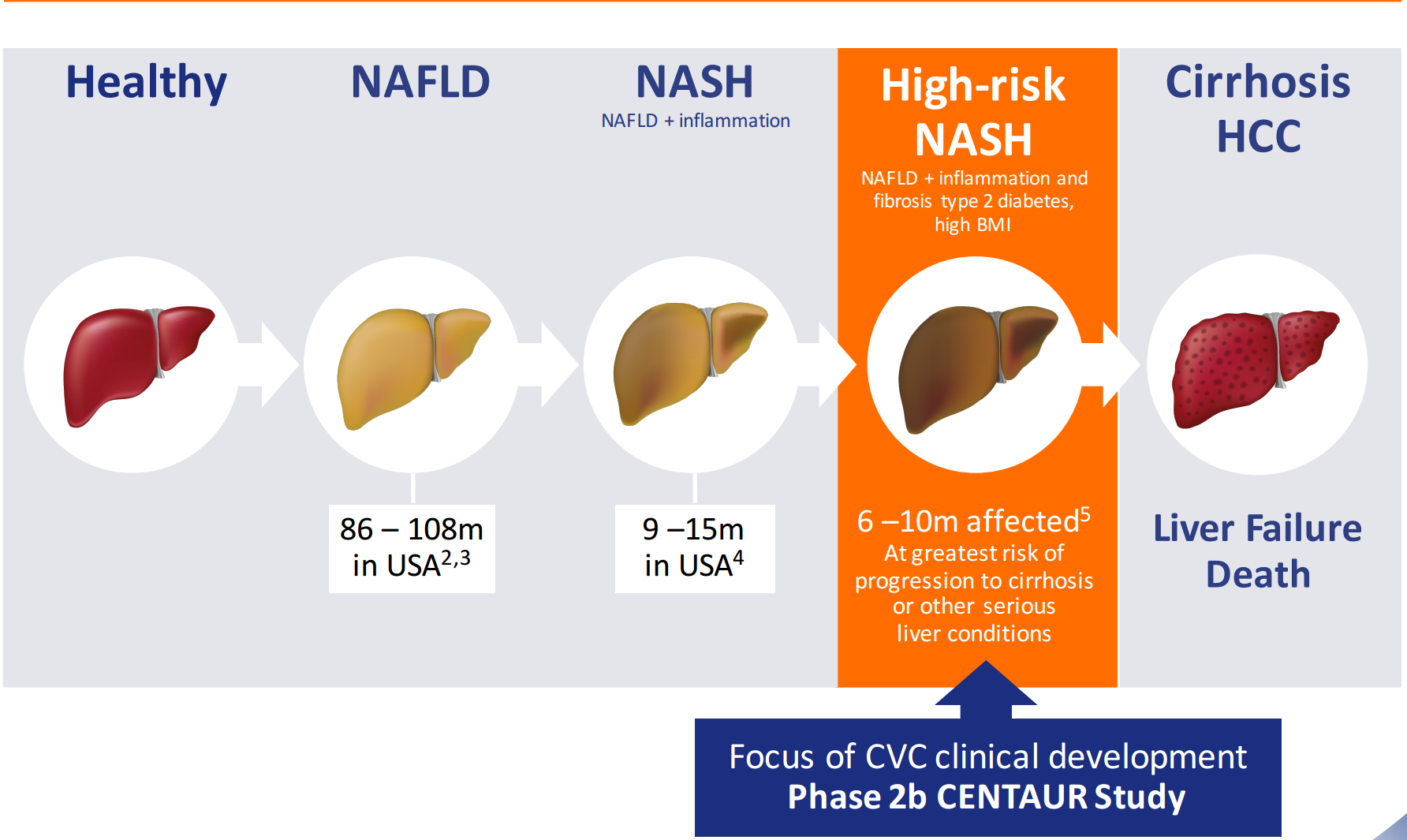“When MSG is given,
mice develop a marked fat deposition within their livers (a type called
centrilobular fatty change) leading to fibrosis and hepatic tumors”, a Japanese
team of scientists revealed. The changes they observed, showed a marked
similarity in microscopic features to non alcoholic fatty liver disease (NAFLD)
and non alcoholic steatohepatitis (NASH) in humans.
In addition to above
mentioned changes, the mice which received 2 mg/g dose of MSG for 5 days,
responded with severe obesity, diabetes mellitus and blood cholesterol
abnormalities.
NAFLD and NASH are only
two stages of a spectrum of liver diseases, carrying high risk to progress into
cirrhosis as illustrated below.

“When we increased MSG
dose given to animals by two fold (4 mg/g), growth rate of all mice suppressed
and 10% of the group died. They just couldn’t tolerate it.”, Dr. Nagata, the
chief scientist of current study, explained.
Sources:
1. Nagata
M, Suzuki W, Iizuka S, Tabuchi M, Maruyama H, Takeda S, Aburada M, Miyamoto K.
Type 2 diabetes mellitus in obese mouse model induced by monosodium glutamate.
Exper Animals 2006; 55 (2) 109–115.
2.
A Studies On
Monosodium L- Glutamate Toxicity In Animal Models- A Review. Kumar Ganesan1,
Kumeshini Sukalingam1, Kanaga Balamurali1, Siti Radziah Bt. Sheikh, Alaudeen1,
Kumar Ponnusamy1, Indang Ariati Ariffin, Sharmila Banu Gani. International
Journal Of Pharmaceutical, Chemical And Biological Sciences, 2013, 3(4),
1257-1268.
No comments:
Post a Comment